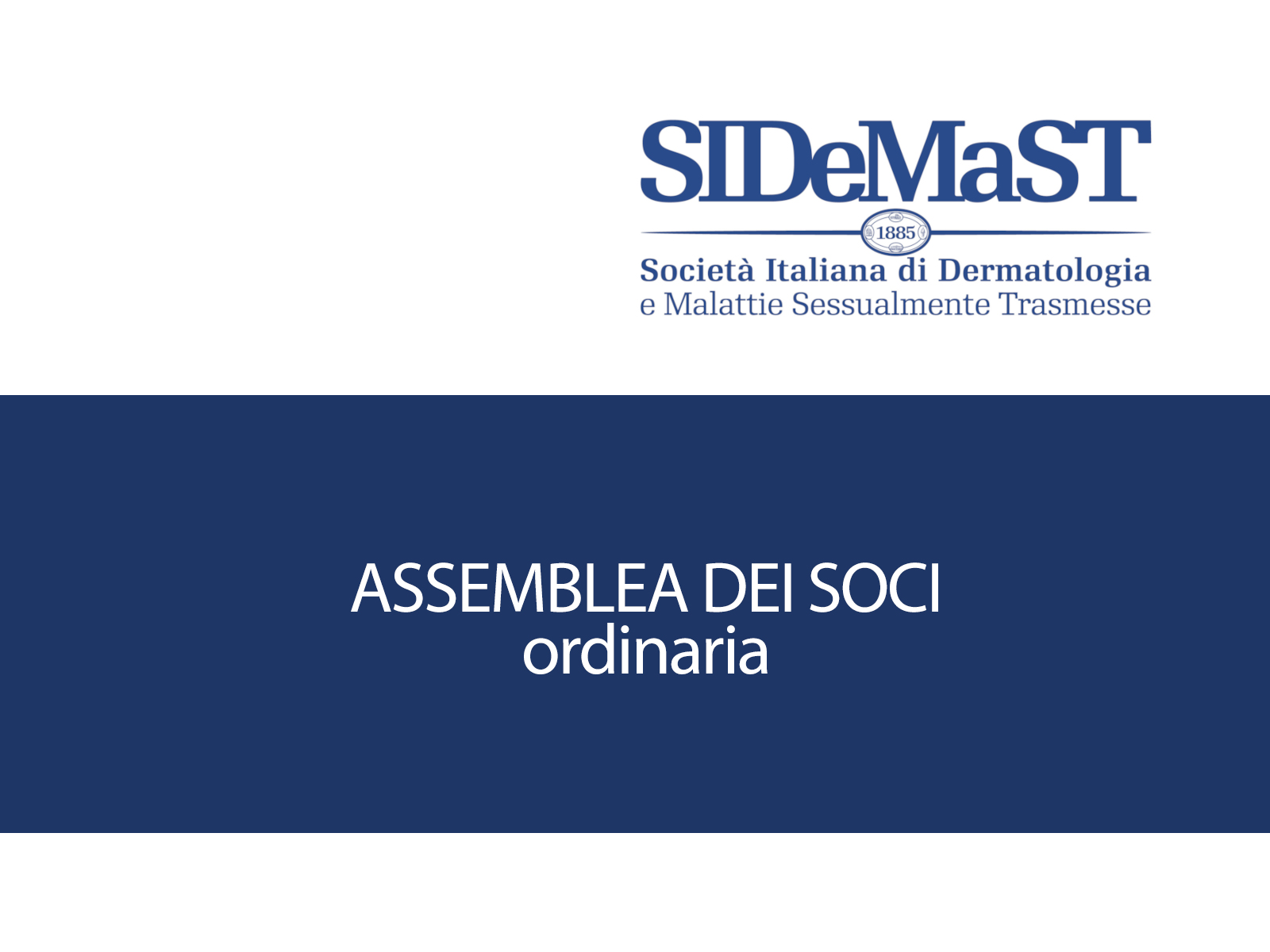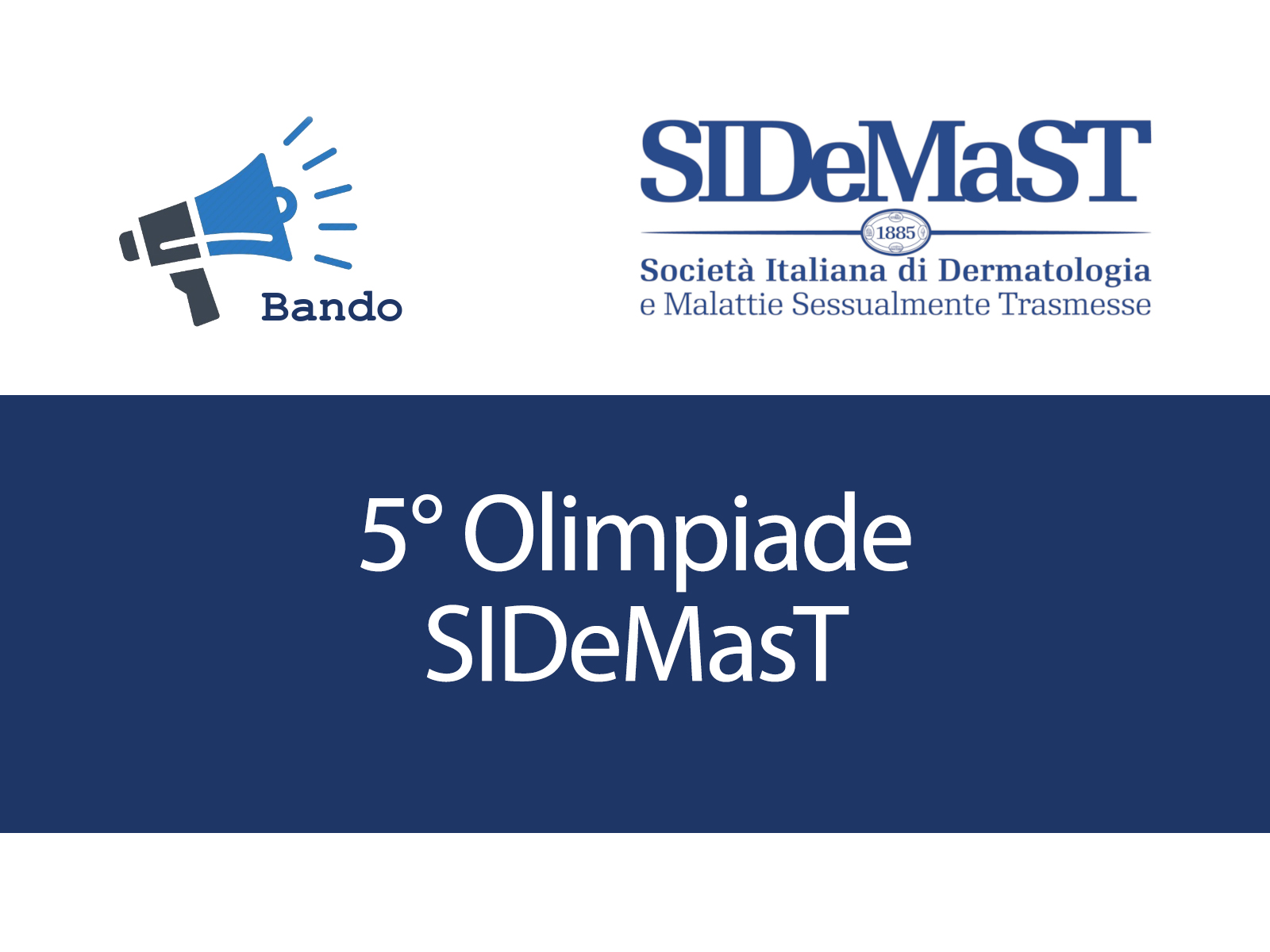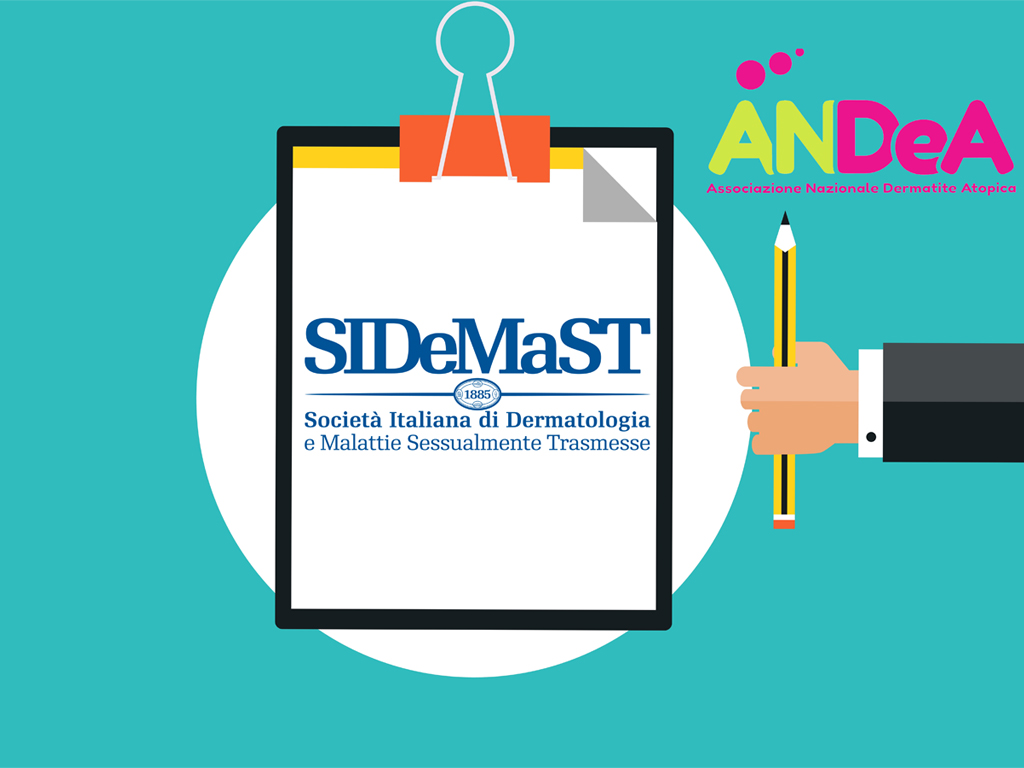Long-term follow-up with the investigative biologic agent dupilumab in the treatment of patients with moderate-to-severe atopic dermatitis demonstrated a significant advantage with treatment over placebo, researchers reported at the 2017 Annual Meeting of the American Academy of Dermatology (AAD).
"Blocking signaling of the type 2 (th2) cytokines IL-4 [interleukin 4] and IL-13 [interleukin 13] leads to sustained control of moderate-to-severe atopic dermatitis during the 52-week treatment period," stated lead author Andrew Blauvelt, MD, MBA, Oregon Medical Research Center, Portland, Oregon, in his oral late-breaker presentation March 4.
Dr. Blauvelt and colleagues enrolled 740 subjects (mean 34 years of age; 60% male). In all, 319 patients received dupilumab every week plus topical corticosteroids at a dose of 300 mg subcutaneously; 106 patients received dupilumab every other week; and 315 subjects received placebo.
The trial met its 16-week primary outcome of achieving an Investigators Global Assessment of 0/1 and at least a 2-point improvement from baseline, as 39% of both dosing groups of dupilumab were able to achieve that goal compared with 12% of the placebo group (P < .0001).
Results at 52 weeks were similar: 36% to 40% of patients on dupilumab achieved the goal compared with 13% of placebo subjects (P < .0001).
Treatment with either arm of dupilumab tended to overlap in success with both arms of the active drug being significantly better than the placebo in several measures of symptomatic improvement. Sixty-five percent of dupilumab patients, for example, were able to achieve an Eczema Area and Severity Index (EASI-75) score compared with 22% of patients on placebo at 52 weeks (P < .0001), which was similar to the finding at 16 weeks.
Half the subjects in this study were diagnosed with severe atopic dermatitis, and the other half were diagnosed with moderate disease. The mean baseline score on the Dermatologic Quality of Life Index was 14.
Funding for this study was provided by Regeneron, Tarrytown, New York and Sanofi, Lyon, France.
[Presentation title: Long-Term Management of Moderate-to-Severe Atopic Dermatitis With Dupilumab up to 1 year With Concomitant Topical Corticosteroids: a Randomized, Placebo-Controlled Phase 3 Trial (CHRONOS). Abstract 5267]







